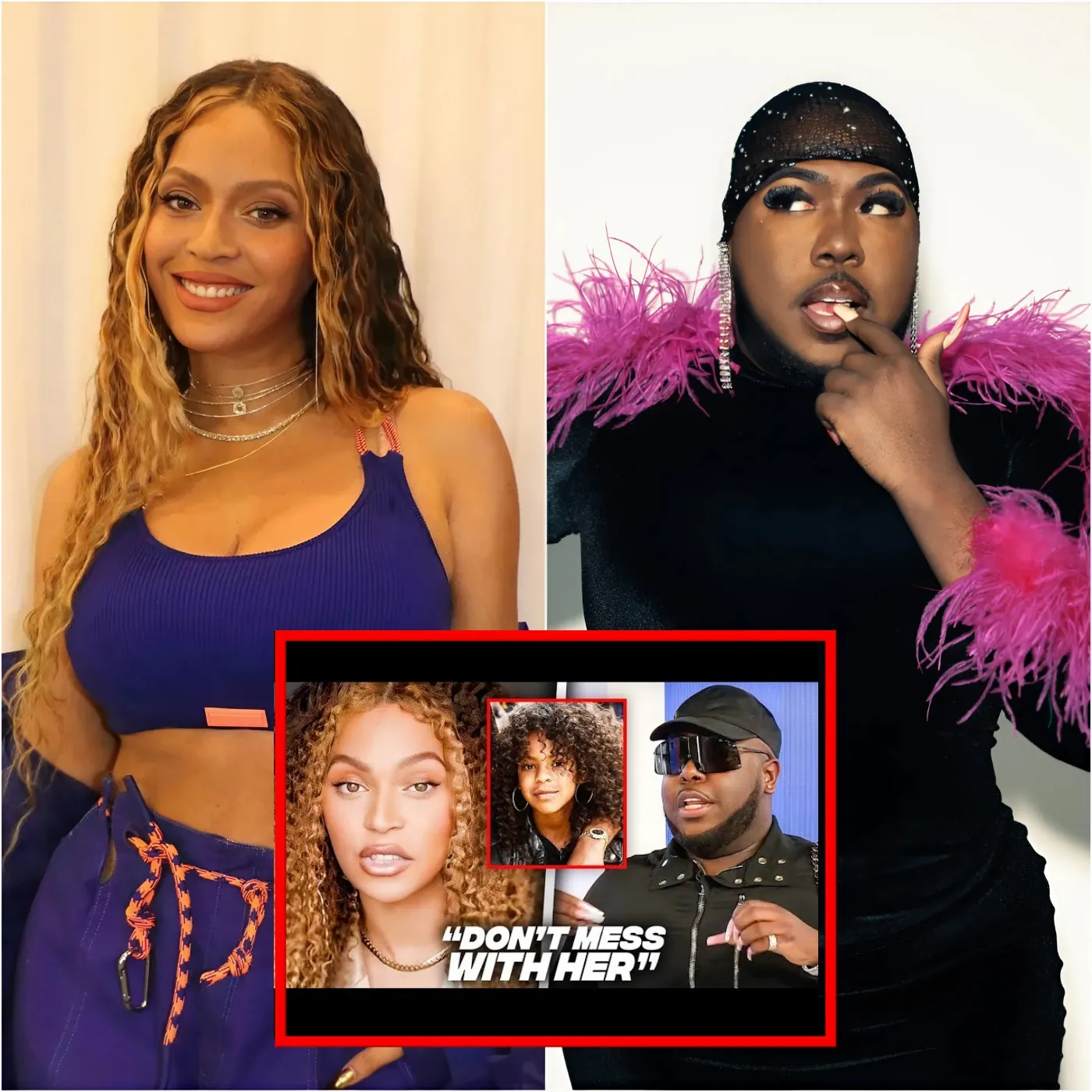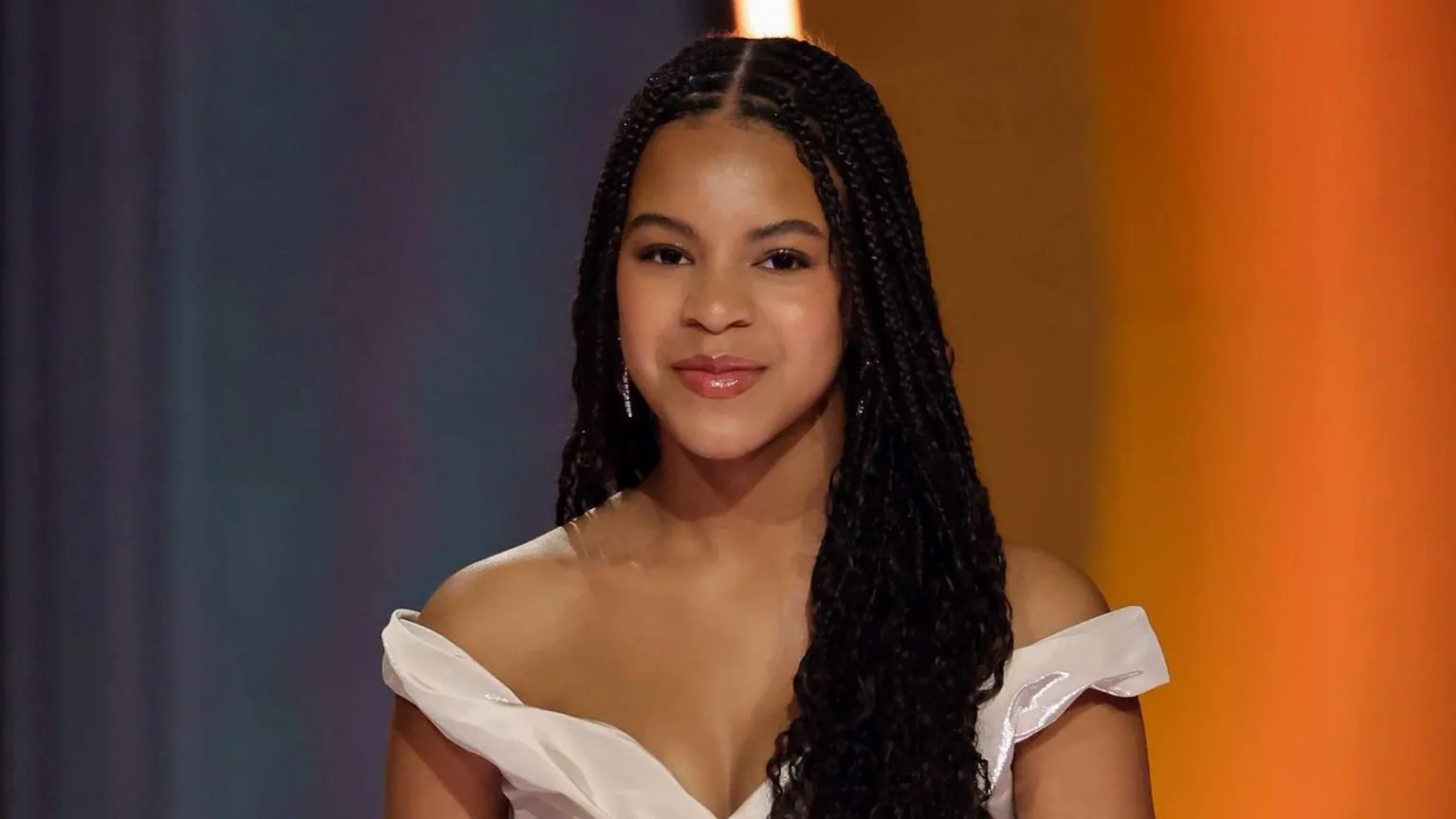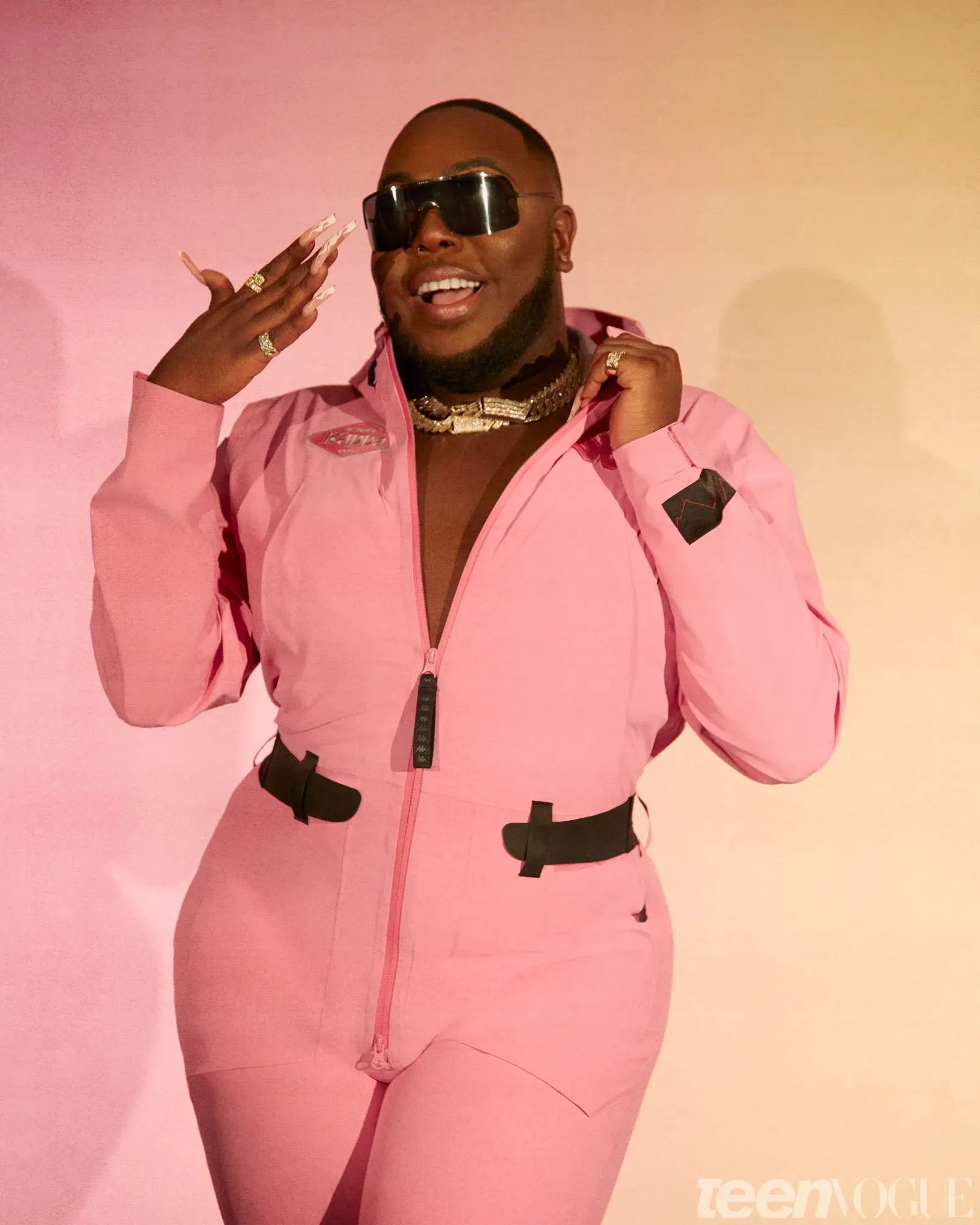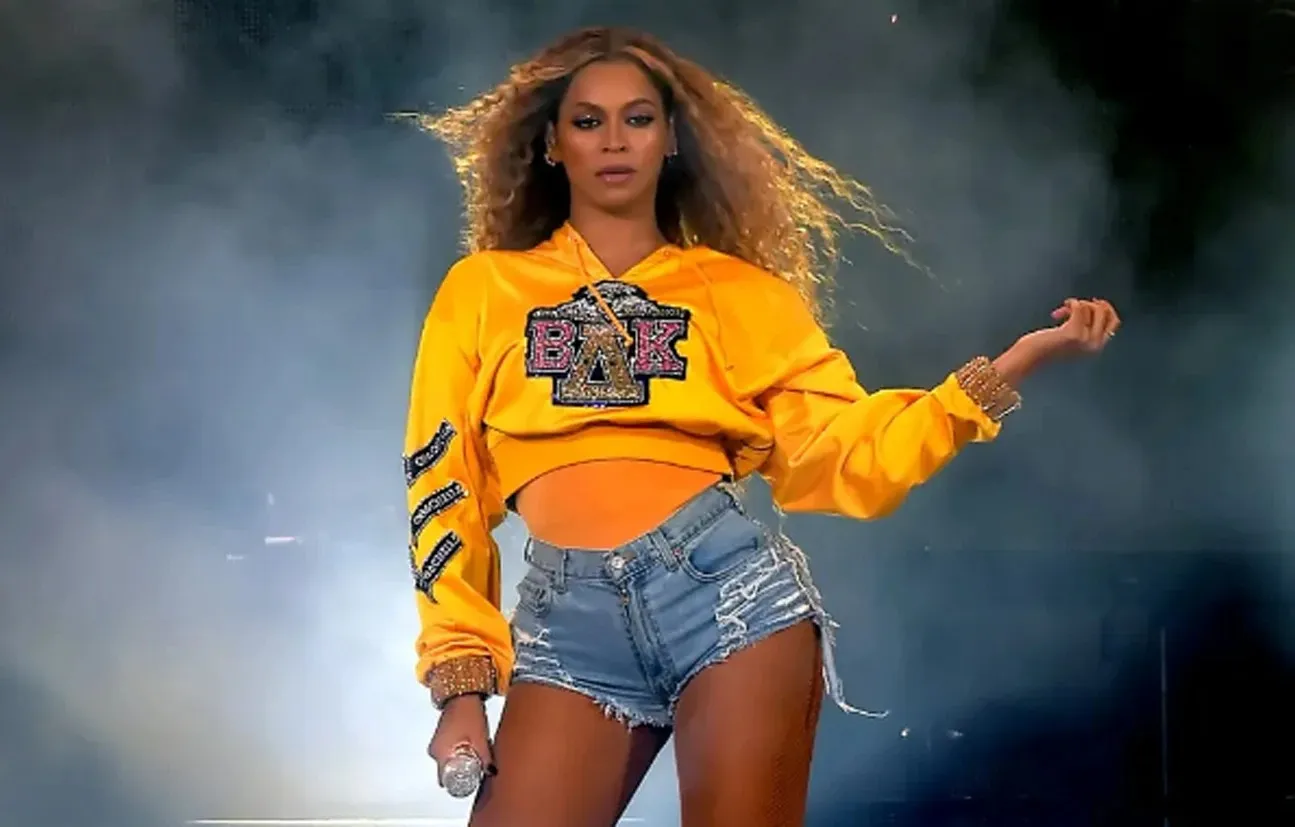
Beyoncé has maintained public silence following Saucy Santana’s resurfaced 2014 tweets, which included comments about her daughter, Blue Ivy, that many found offensive. In these tweets, Santana used terms like “nappy-headed” to describe Blue Ivy and unfavorably compared her looks to that of North West, Kim Kardashian’s daughter. The tweets resurfaced in 2022, just as Santana’s music career began gaining traction. This led to significant backlash from Beyoncé’s fanbase, the BeyHive, who immediately took to social media to demand an apology and to defend Blue Ivy against the negative remarks.

Santana, however, has been vocal in his refusal to apologize, arguing that the tweets were written years ago during a challenging time in his life. He explained that, at the time, he was “broke and miserable,” and said that he’s since grown and moved past those mindsets. He also asserted that he didn’t feel compelled to apologize to the BeyHive or social media critics, adding that he’s only interested in apologizing to those he believes he may have genuinely hurt. Santana defended himself further by stating that social media’s power to “cancel” someone is overrated, and he criticized the practice of dredging up old tweets to ruin careers, calling it a form of “fake wokeness.”

The incident has sparked conversations about the complexities of accountability and redemption, especially as public figures rise to fame. Fans of Beyoncé have not relented in their criticism, as many believe that Santana’s comments crossed a line, particularly because they targeted a child. The controversy underscores how past actions and statements can impact public perception, even years later. For now, Beyoncé and her team have opted not to address the situation directly, choosing instead to leave the matter to her fans, who continue to express their discontent with Santana on social media.

Santana’s stance against issuing an apology reflects a broader discussion within the entertainment industry about the role of growth, apologies, and public redemption. While he has not faced career-altering consequences due to the backlash, the incident has become a reminder of how public figures, especially those in the spotlight, are often held accountable for past statements—regardless of how much time has passed or personal growth they may have undergone since then.






